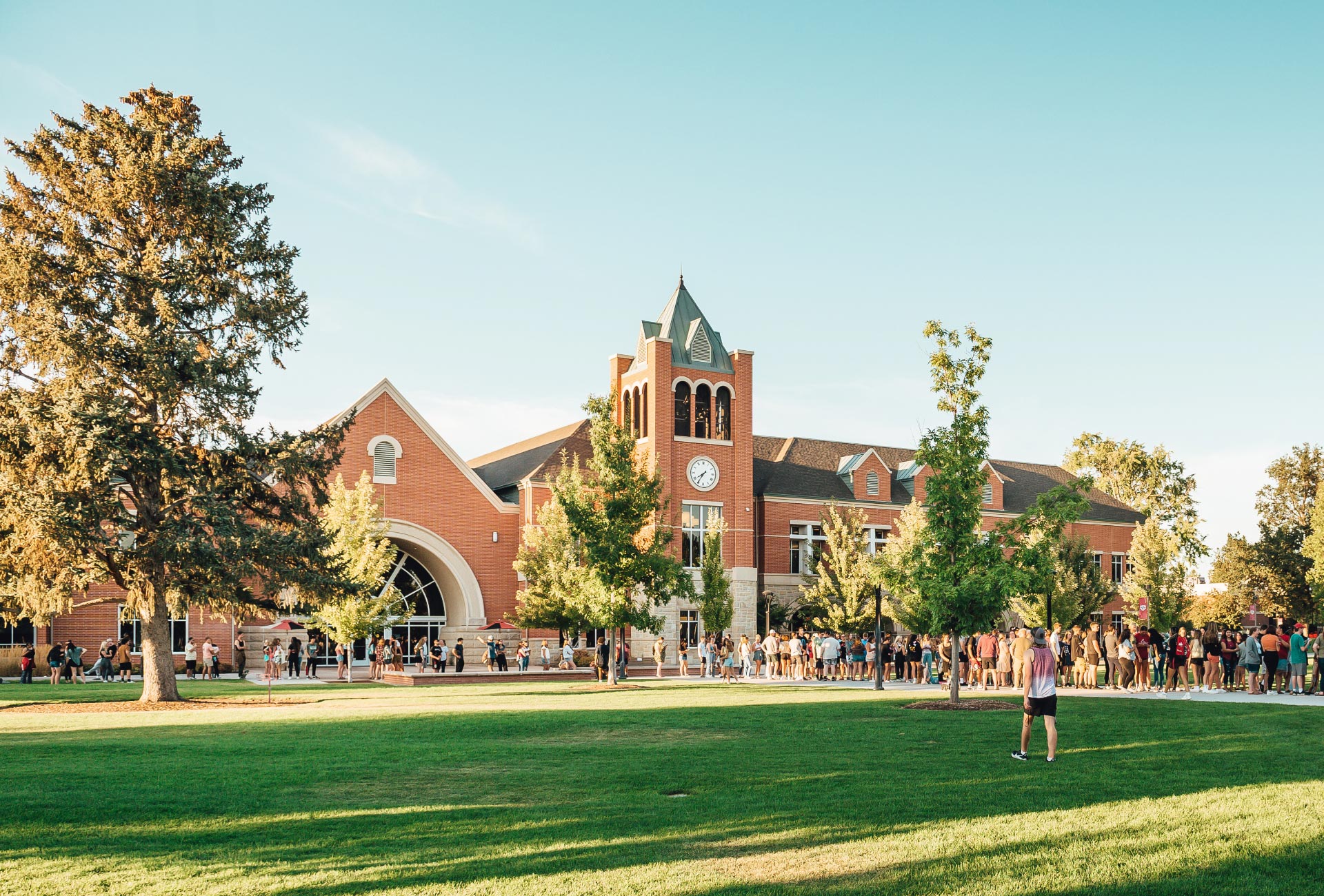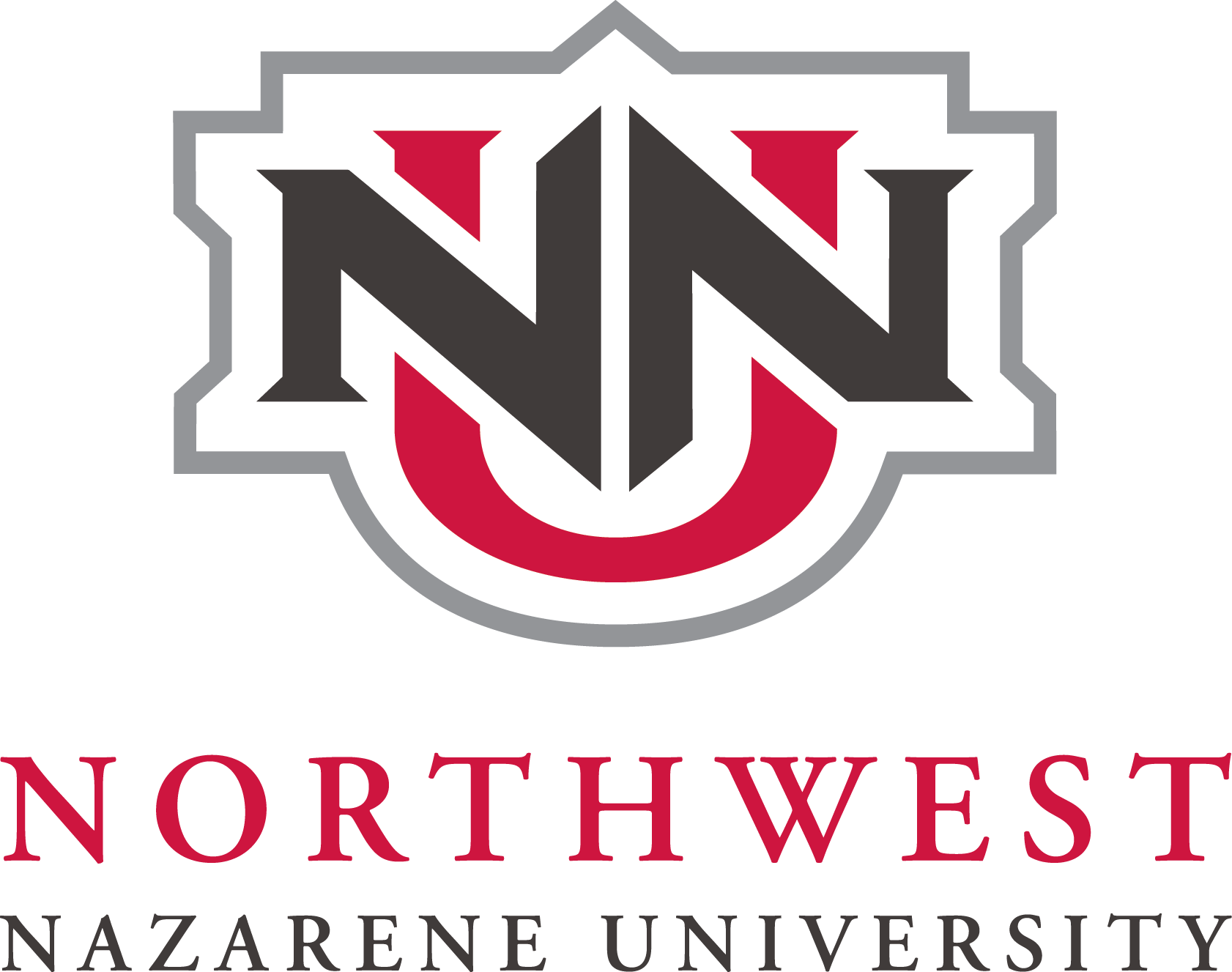Undergraduate Studies
Study Abroad
GLOBAL CONNECTIONS
Study Abroad
Studying. Serving. Seeing.
NNU offers a variety of programs that allow students to expand their education beyond the campus.

Whether participating in programs off-campus across the U.S. or across the globe, students can study, serve, and see many different parts of the world through several opportunities offered through NNU’s Study Abroad Program including:
- Studying internationally for a full-semester at an approved exchange university or 3rd-party partner programs
- Taking part in an international semester-long program led by an NNU professor with a cohort of NNU peers
- Participating in a university-sponsored service trip
- Enrolling in a class that includes a one- to two-week study excursion to either a national or international destination as part of the course
Opportunities abound in places like Washington D.C., South Korea, Kenya, England, Czech Republic, Costa Rica, Jordan, Australia, and more.
In addition to the obvious benefits studying abroad provides by enhancing your education, widening your worldview, and increasing your employability, approved international travel and semester abroad experiences often fulfill NNU’s cultural competency requirement needed for graduation.
Where can I study abroad?
NNU partners with several entities of higher education and study abroad organizations all across the world.
What is the general process to study abroad or off-campus?
Connect with the Global Connections Office.
Talk to your academic adviser.
Apply to the approved partner or exchange program.*
Once accepted into the program, notify the Global Connections Office.
Complete the NNU Study Abroad/Off-Campus Approval form and other application documents.
Once that’s finished, you’re on track to dream, prepare, and pack for your time abroad!
Want more details? Download a checklist below.
Checklist for Studying Abroad
Checklist for Studying Off-Campus (U.S.)
Will the credits I earn while studying abroad transfer back to NNU?
Yes, credits earned while studying abroad with a university-approved program will apply toward the total credits earned for graduation. Students meet with their academic advisers to look at course offerings in the study abroad program to determine which credits can apply toward major and general education requirements.
Will my financial aid apply toward my semester studying abroad?
Often scholarships, grants, or loans from other entities–federal and state governments or other organizations–apply to the study abroad program. Our financial aid officers are happy to look at your financial aid package and determine how much is eligible to apply to your study abroad experience.
University aid can apply to some university-approved exchange programs, such as the ANU Semester Exchange Program.
Many of our study abroad partners offer scholarships or grants. Outside scholarships and grants are also available. See another FAQ in this menu for recommended scholarship opportunities.
If I study abroad for a semester, can I still graduate on time?
That is the goal, but it depends on the major. Students interested in studying abroad should talk to their academic adviser as soon as possible to determine which semester can best accommodate a semester abroad as major-specific courses at NNU are often offered in specific timeframes.
If studying abroad in a fall or spring semester is not feasible, summer study abroad opportunities, short-term study tours, and mission trips can fulfill a student’s desire to study abroad and increase the likelihood of maintaining on-time graduation.
Will my experience abroad meet the cultural competency requirement?
Yes and maybe. A semester abroad meets the cultural competency requirement. Make sure to fill out the Cultural Competency Requirement’s Study Abroad Approval Request Form!
A short-term international experience may or may not meet the cultural competency requirement. Check with the trip leader.
I can't study abroad for a semester, but I want to travel. What are my options?
Many of our partners have summer study abroad options that are typically 4-8 weeks long.
Faculty and others also lead 1- to 4-week-long study tours and mission trips to international locations. Several regular trips are:
Music tours internationally every few years.
Psychology travels to Europe every other year.
Nursing goes on mission trips every year.
Biology regularly researches in the Costa Rican cloud forest.
Engineering annually works on a service project.
The chaplain organizes yearly mission trips.
In addition to recurring trips, we have other opportunities to travel to global locations each year.
What scholarships are available for studying abroad?
Study abroad scholarship application periods are often far in advance of when you will study abroad. Apply for scholarships as soon as you can!
NNU Study Abroad Scholarship
Bruce Waller Scholarship
Program-Specific Scholarships
AIFS Scholarships & Grants
Au Sable Institute – Financial Aid
ISA & ISA Veritas Christian Study Abroad Scholarships & Grants
Jerusalem University College – Study Abroad Scholarships
TEAN Scholarships
General Study Abroad Scholarships
Ashley Soulé Conroy Study Abroad Scholarship
Benjamin A. Gilman International Scholarship
Diversity Abroad – Overseas Ambassador
Explore the World Travel Scholarship
Fund for Education Abroad
Gilman-McCain Scholarship
Scott’s Cheap Flights
Tortuga Study Abroad Scholarship
Additional Resource
Money Geek – Paying For Your Study Abroad
Can I study abroad with a friend?
Yes! That’s a great way to study abroad! As long as both you and your friend are accepted into the program, you can go together.
If you don’t have a friend who is willing to study abroad with you, know that you WILL make friends when you study abroad.
What things do I need to keep in mind when considering studying abroad?
Studying abroad is life-changing, but it takes some work to get there. Things to consider as you plan:
Passport – If you don’t have a passport, apply for one as soon as you start thinking about studying abroad. They’re good for 10 years! If you have a passport, ensure it is good for 6 months after your return. (E.g., If you study abroad in Spring 2023 and return home in May, your passport should be valid until at least November 2023.)
Visa – Programs 90+ days require student visas. Each country has different requirements. Some require in-person visits to the embassy in the U.S. Others only require you to mail your passport.
Safety – Take precautions when traveling internationally. Consider the U.S. Department of State’s travel advisories and recommendations for students studying abroad and the Centers for Disease Control and Prevention’s recommendations for travel.
Vaccinations – Each country has vaccination requirements for travelers entering its borders. Research to see if you need additional or updated vaccinations before studying there.






